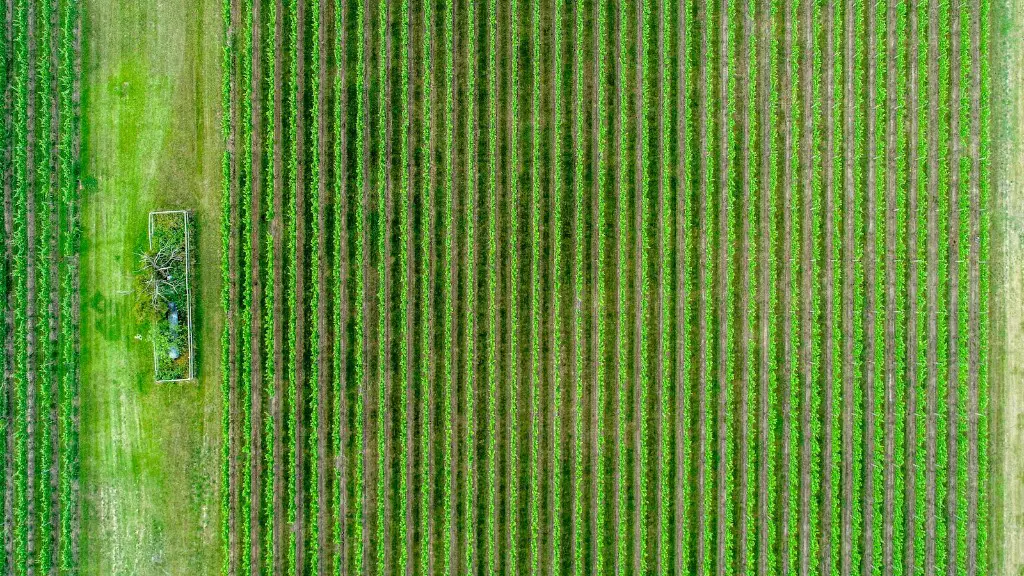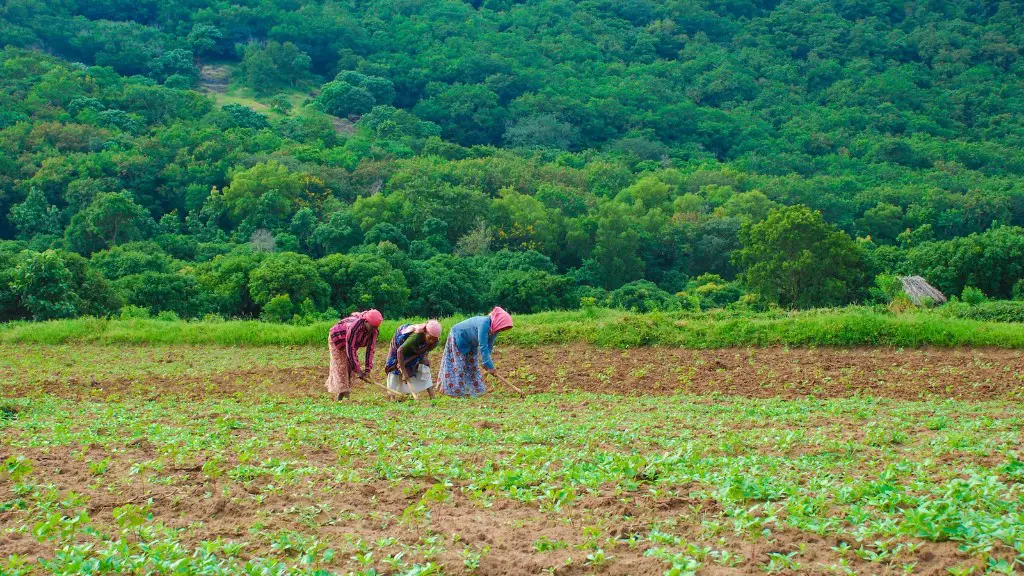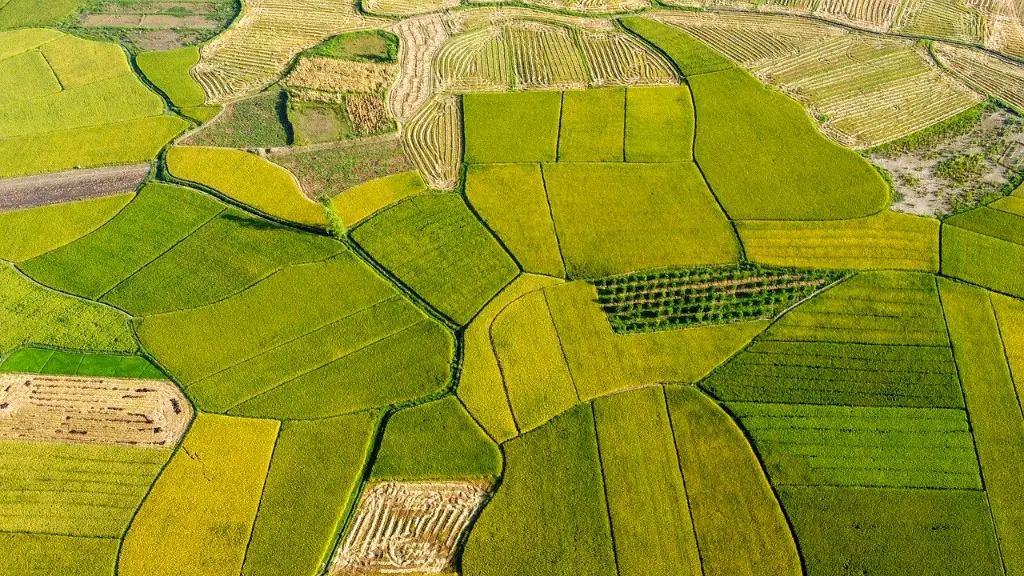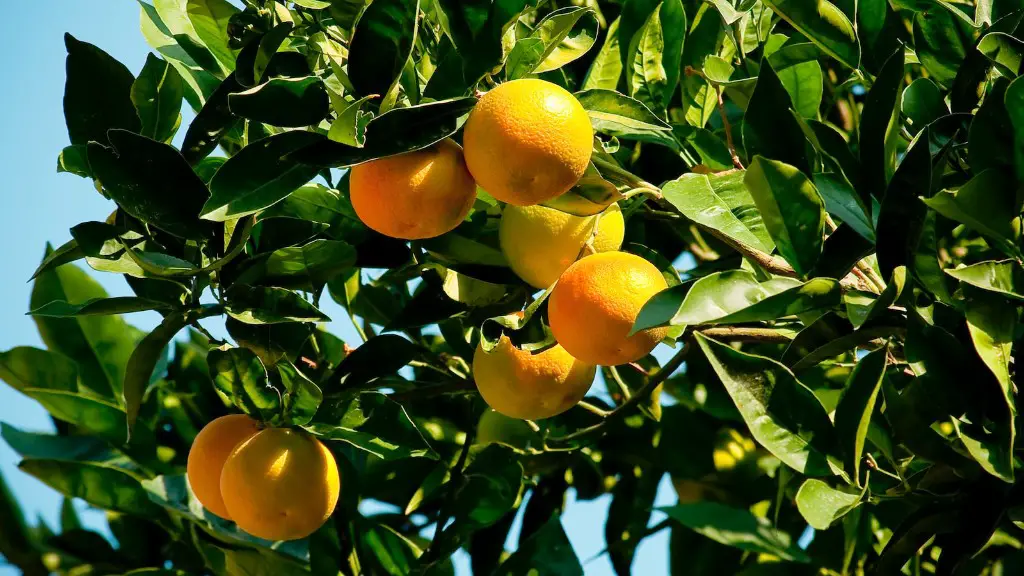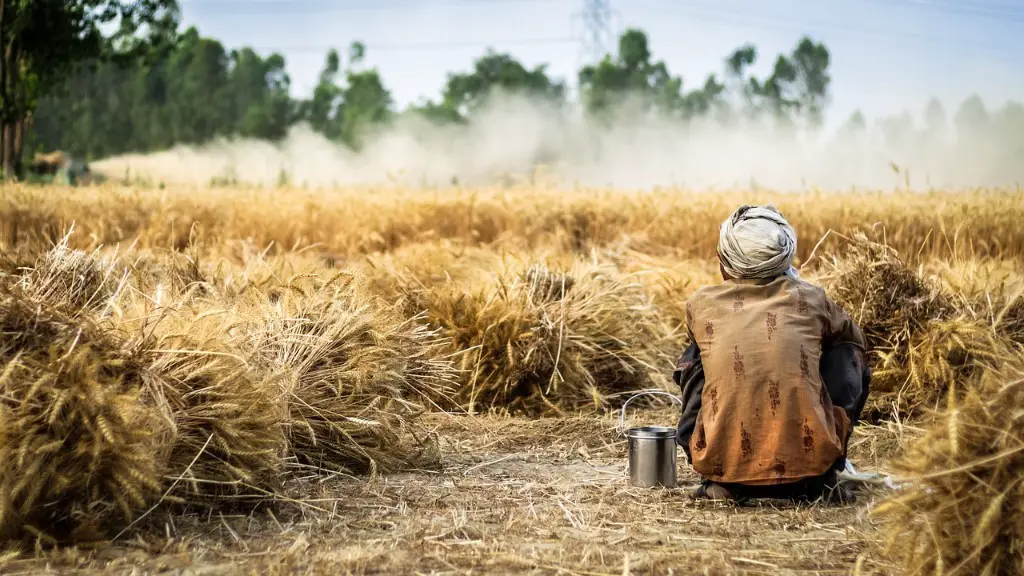The vast majority of the world’s population believes that pest control is a vital part of agriculture. This is an important part of food production and security. Pest control helps to ensure that crops are not destroyed by insects, rodents, or other animals. It also helps to prevent the spread of disease by controlling the population of vectors, such as mosquitoes.
Pest control is considered to be a part of agriculture because it is necessary to protect crops from pests. Without pest control, crops would be destroyed by pests, which would result in a decrease in food production.
Is pest control agricultural?
US farmers employ a variety of pest management strategies to control weeds, insects, fungi, viruses, and bacteria. They till their soils, rotate their crops, scout their fields, and carefully consider factors such as plant density and planting dates. They also apply organic and synthetic pesticides.
This industry comprises establishments primarily engaged in exterminating and controlling pests, such as insects, rodents, termites, and other vermin, in buildings and dwellings.
What are considered pests in agriculture
Pests are a huge problem for farmers and can cause a lot of damage to crops. They can also spread diseases to humans and animals. Pests are also a nuisance and can make it difficult to enjoy the outdoors. There are many ways to control pests, but it is important to always use the most effective and safe method possible.
Pesticides are an important part of modern agriculture and have helped the United States to become a leading producer of agricultural products. They are however, also a potential health hazard if not used properly. It is important to read and follow all directions on the label when using any pesticide.
Is pesticide an agricultural product?
Pesticides are designed to kill or repel pests, but they can also pose risks to human health and the environment. Pesticides can be classified by their intended use, such as herbicides, insecticides, and fungicides. Some pesticides are also known as biocides.
While pesticides can be beneficial in controlling pests, they can also have negative impacts on human health and the environment. Pesticides can be toxic to people and wildlife, and can contaminate water, air, and soil. Pesticides can also cause non-targeted plants and animals to be harmed.
The use of pesticides should be carefully considered, and only used when necessary. When using pesticides, it is important to follow the label instructions and take steps to minimize exposure and risks.
The pest control industry is a multi-billion dollar industry that provides services to both residential and commercial clients. Pest control companies provide services to control and exterminate a variety of pests, including birds, mosquitoes, rodents, termites, and other insects. Pest control operators also provide fumigation services to control and eliminate pests in a variety of settings, including homes, businesses, and agricultural production facilities.
What is the profession of pest control?
Pest control workers are important in keeping our buildings and surroundings free of pests. They inspect for signs of pests and remove them when they are found. This helps to keep us safe from diseases and pests that can damage our property.
Pest control workers are responsible for addressing infestations of insects or rodents in homes and businesses. After conducting an inspection, pest control workers will use the appropriate method to remove or terminate the pest. This may involve using a pesticide, trap, or another method.
What are the five categories of pest management
Sanitary controls involve keeping the area clean and free of potential food sources for pests. This can be done by regular cleaning and sanitation practices.
Cultural controls involve changing the way you do things to make it less attractive or accessible to pests. This can include things like altering planting schedules, using traps or baits, and making physical changes to the property.
Mechanical controls involve using physical barriers or traps to keep pests away. This can include things like sealing cracks and crevices, installing door sweeps, and using screens on windows and doors.
Biological controls involve using other organisms to control pests. This can include things like introducing natural predators or parasites, using microbial insecticides, and growing resistance in plants.
Chemical controls involve using pesticides to control pests. This can include things like spraying, baiting, and dusting.
Insects can be both harmful and helpful to living organisms. While some insects are pests that can cause disease or damage crops, others can be beneficial, helping to pollinate plants or control pests. It is important to learn about the different types of insects in order to determine which are harmful and which are helpful.
How does pest affect agriculture?
The impacts of reduced productivity on crops or animals can be long-lasting. Pest infestations can impair fertilization rates or seed recovery, while pesticide applications can harm soil and water fertility. In addition, climate change can also cause reductions in crop yield, livestock productivity, and fisheries catches. All of these impacts can have serious consequences for food security and the livelihoods of farmers and other food producers.
Other ways to prevent the introduction and spread of pests include:
– using only certified seeds
– controlling weeds
– managing irrigation water applications
– keeping a clean and well-maintained operation
– preventing contact with sick or infested animals
– properly disposing of trash and unused materials
Which of the following are agriculture pesticides
Organochlorines, organophosphates, carbamates, and pyrethroids are all families of insecticides. Each of these families has its own unique toxicity profile. Organochlorines, for example, are highly toxic and have been banned from the market in many countries. Organophosphates and carbamates are also toxic, but to a lesser extent. Pyrethroids are the least toxic of the four families.
Chlorpyrifos is an insecticide that belongs to a class of chemicals called organophosphates. Organophosphates act by disrupting the nervous system of insects, causing paralysis and death. Chlorpyrifos is highly toxic to humans and animals, and has been linked to a variety of harmful health effects, including neurodevelopmental disorders and cancer.
Is commercial pesticide an essential chemical product to be used in the agricultural sectors?
Pesticides are indisputably important in agricultural production. They have long been used by farmers to control weeds and insects, and their effectiveness in doing so has been widely documented. There is no question that pesticides have helped increase agricultural productivity. However, there are also significant concerns about the health and environmental impacts of pesticides. These concerns must be carefully considered when making decisions about pesticide use.
The term “agricultural product” includes any commodity or product, whether raw or processed, that is derived from livestock or plants and is marketed in the United States for human or livestock consumption. This includes any commodity or product that is derived from livestock or plants and is used as food, feed, fiber, or fuel.
Who is the biggest pest control company
Rollins and Terminix are the leading pest control companies in the United States in 2021, based on revenue. Rollins is the largest with over 22 billion US dollars in revenue, while Terminix is second with nearly 19 billion US dollars in revenue. These companies provide services to residential, commercial, and industrial customers to control and eliminate pests.
The Pest Control industry is expected to see significant growth in 2023, with a market size of $262bn. This growth is driven by a number of factors, including an increase in the number of pests and a greater awareness of the importance of pest control.
Final Words
No, pest control is not considered agriculture.
Pest control is a vital part of agriculture and is essential for the protection of crops. Farmers use a variety of methods to control pests, including chemical pesticides, biological control, and cultural control.
